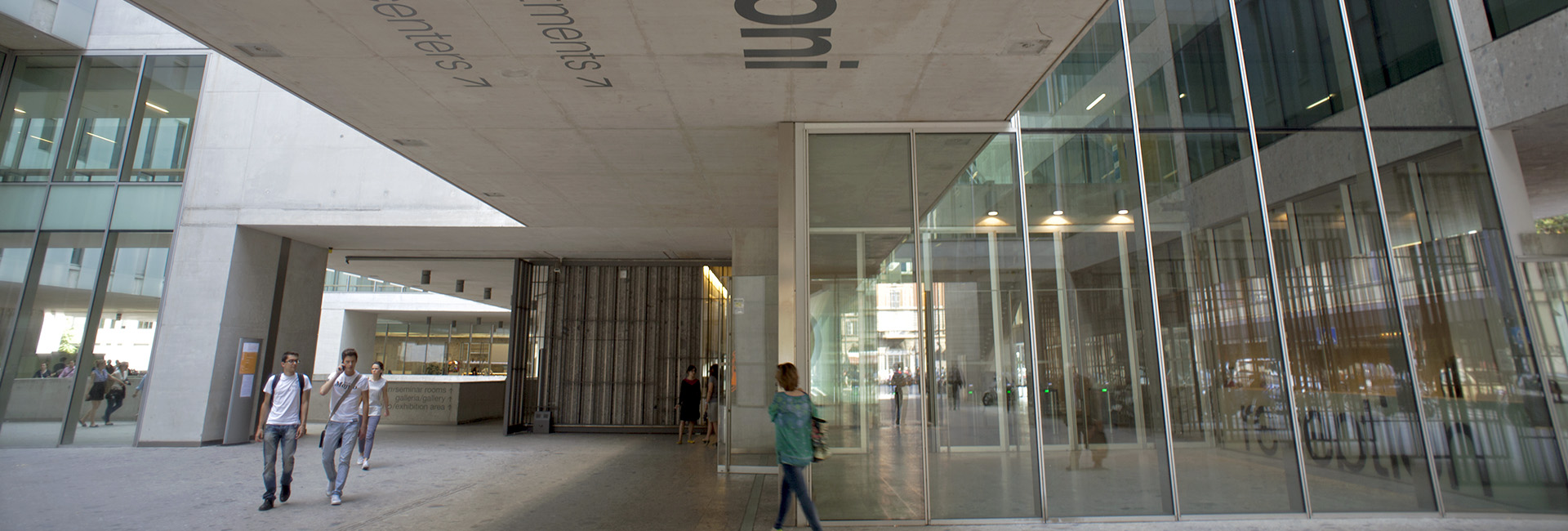30573 - HISTORY OF EUROPEAN INTEGRATION
Course taught in English
Go to class group/s: 31
Synchronous Blended: Lezioni erogate in modalità sincrona in aula (max 1 ora per credito online sincrona)
There are no prerequisites for taking this course, but students who have never studied contemporary or international history may wish to read Chapter I of Kiran Klaus Patel, Project Europe: A History. (Cambridge University Press, 2020). This text is covered in the course, but it also serves as a useful background reading for students who wish to have an introduction to the subject.
We live in a Europe governed by complex institutions and characterized by many layers of international cooperation – products of a long historical integration process. But the purpose and consequences of European integration and the role of European institutions are contested between fundamentally different interpretations. For some, regional integration has been a peace project developed in the wake of world war; for others, the supranational institutions of the European Union are instruments of economic globalization dominated by multinational corporations. Some see European institutions as guarantors of human rights and unifying forces against destructive nationalism, while others oppose them as neoliberal constructs designed to suppress the sovereignty of nations and societies. Such debates – which have become central features of today’s electoral politics and changing business environments – require us to study the histories of European integration and cooperation to better understand the past, navigate the present, and make decisions about the future of Europe.
This elective course provides an overview of the key developments in the history of European integration in a global context, from the international peace settlement following the Second World War to the completion of the Single European Market, the establishment of the European Union in the 1990s to its enlargement to include Eastern Europe a decade later. In this course, we discuss themes like the geopolitics of the German question, decolonization, the Cold War, and the Soviet collapse in the genesis of economic and political integration in Europe. We study the plurality of “Europes” that emerged in the postwar period, including the institutional evolution of the European Communities and European Union, their challenges, and their achievements. We evaluate the roles that different actors – including multilateral organizations and multinational corporations – played in the European project. And we examine the relationship of European integration to critical analytical frameworks like internationalism, neoliberalism, and globalization. Course assignments are designed to help students apply this knowledge to their own analyses of contemporary political debates.
NOTE: This is an Engage Course within the CIVICA Bachelor Engage Track developed within the framework of the CIVICA alliance.
- Identify key developments and actors in the history of European integration
- Understand the role of economic and geopolitical factors in the integration process
- Examine the making of the European Union and its predecessors in global context
- Analyze primary and secondary sources on regional cooperation
- Develop original, evidence-based arguments about the history of European integration
- Apply knowledge of integration history to contemporary debates about the EU
- Face-to-face lectures
- Online lectures
- Guest speaker's talks (in class or in distance)
- Individual assignments
Lectures are designed to engage students on the course topics and to help them summarize and understand the content of the advanced course readings. Guest lectures give students the opportunity to learn from scholars with particular areas of expertise relating to contemporary Europe and enrich a collective understanding of course material.
| Continuous assessment | Partial exams | General exam | |
|---|---|---|---|
| x | |||
| x | |||
| x | |||
| x |
This course is designed to be cumulative and is constructed in such a way that every student can succeed. Student acquisition of knowledge and mastery of skills developed in this course will be assessed in three ways, reflecting the course’s teaching and learning modes: through demonstrating mastery of course content on quizzes; participating in class discussion and presentation; and producing a podcast based on original research in collaboration with peers. Students will work together in small groups to create and produce an audio podcast on a theme of their choosing, which must include an interview with an official from an institution of European governance and/or an expert on the EU. This assignment gives students a valuable opportunity to develop their own analyses of topics that interest them most, to engage closely with experts, and to contribute a resource for others studying European integration.
Students who do not participate in the in-person class sessions and who do not qualify as attending students must complete an original research essay on an assigned question related to the course content, citing both primary and secondary sources (50% of the overall course grade). After passing the research essay, they may register for the general exam (50% of the overall course grade).
Teaching materials will be provided on the course syllabus.





